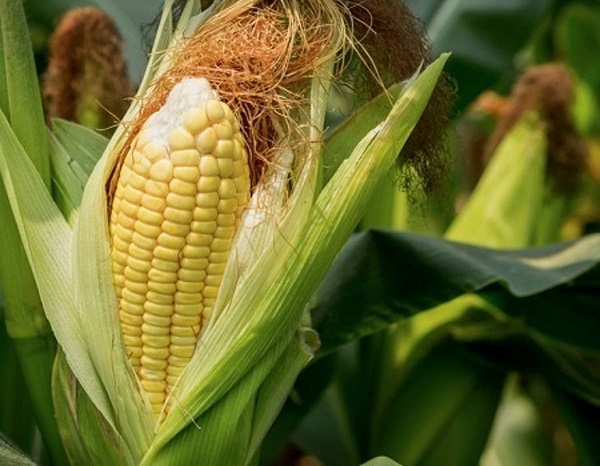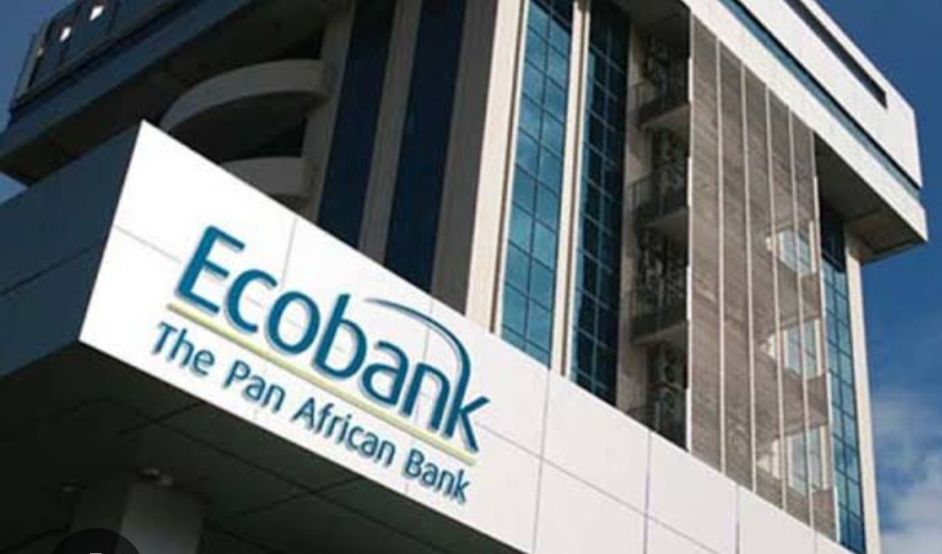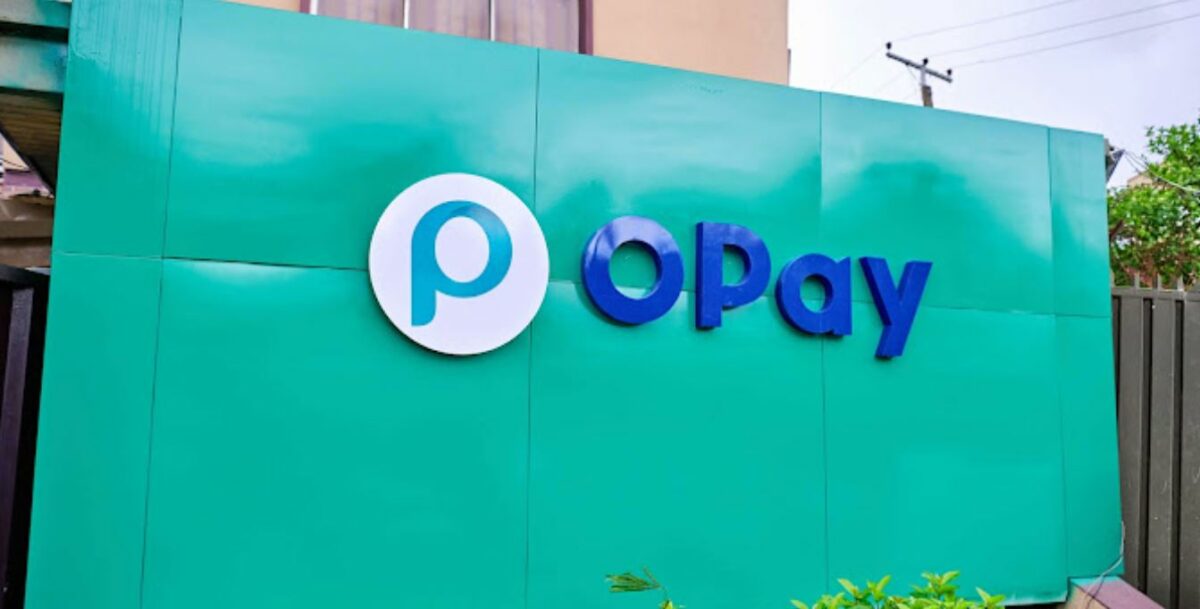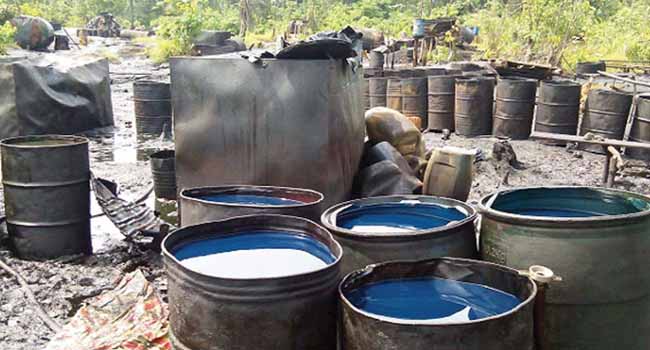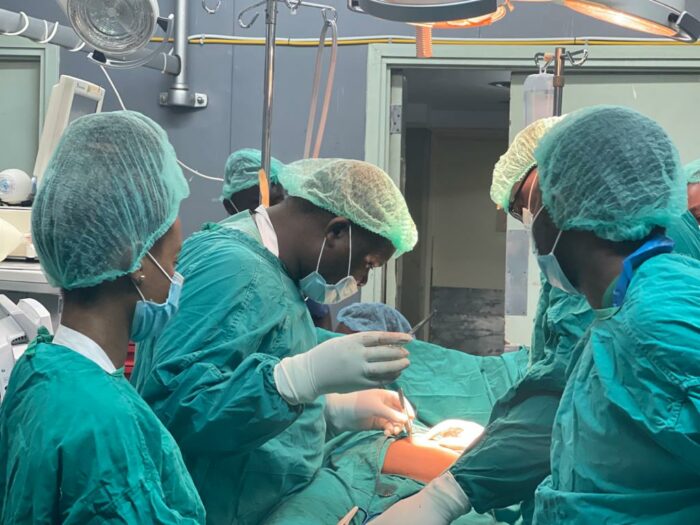On June 13, the federal government launched and distributed TELA maize varieties in Nigeria, reigniting the debate over the safety of genetically modified (GM) seeds for humans. According to Sabi Abdullahi, the Minister of State for Agriculture and Food Security, the GM maize seeds were designed for high yield and resistance to pests and drought.
But environmentalists like Nnimmo Bassey, the executive director of the Health of Mother Earth Foundation (HOMEF), found the launch unacceptable and disappointing. In one media interview for instance, Bassey argued that the Nigerian government did not properly assess the potential impact of these seeds. He claimed that GM food has been linked to cancer, allergies and other health issues.
The Centre for Food Safety and Agricultural Research (CESAR), an NGO focused on sustainability, also shares some of Bassey’s concerns about GM seeds.
“Genetically modified organisms (GMOs) are seeds altered in laboratories to include toxins aimed at eliminating pests and chemicals designed to withstand herbicides used to control weeds… . GMO crops and food products pose significant health risks to the environment, insects, animals, and humans, particularly unborn children,” the NGO wrote on Thursday.
Also, conversations among Nigerians on social media have largely mirrored cynicism and concerns about the health and economic implications of GM seeds. In this report, FIJ considers the recent scientific position on GM seeds and the commonly cited health implications of consuming them.
GM FOOD HAS BEEN REPORTED TO BE DANGEROUS, BUT THE CLAIMS HAVE BEEN DISPROVED
From the late 20th century through the 2010s, studies were done to evaluate how suitable GM seeds, especially the commercial varieties, were for human consumption. For the most part, the scientists had no reservation about the safety of genetically modified seeds. The more popular consensus was that GM foods need be evaluated for safety on a case-by-case basis.
In 2000, for instance, 51 people reported that they experienced headaches, vomiting, diarrhoea and nausea after consuming Starlink maize, a type of genetically modified corn approved in the United States. However, after studying the blood samples of those affected, the United States Center for Disease Control found no evidence connecting these allergic reactions to the genetically modified corn.
In 2007, Gilles-Éric Séralini, a French molecular biologist and advisor, linked GM seeds to severe health implications on vital organs like the liver, pancreas, intestines and kidney. Seralini’s paper was, however, refuted on the basis of statistical lapses by the European Food Safety Authority and a large part of the French academia.
Arpad Pusztai’s research and the scientific controversy that ensued, which was dubbed the Pusztai affair, preceded the Seralini research. In 1998, Pusztai published a paper showing that GM potatoes had negative effects on the intestine and immune system.
However, he was suspended by the sponsoring institute, and his findings were refuted due to statistical lapses and procedural misconduct. The controversy surrounding the initial recall of his paper has cast doubt on the conclusions drawn by both sides of the debate.
READ ALSO: REPORT: Hefty Levies Imposed on Farmers by Terrorists Contribute to Nigeria’s Food Insecurity
IS TELA SAFE FOR CONSUMPTION?
TELA is both a project and a brand name. The TELA project is a public-private partnership aimed at making maize that can resist insects and drought commercially available in Sub-Saharan Africa.
The project is funded in part by the Bill & Melinda Gates Foundation, the Howard G. Buffet Foundation and the United States Agency for International Development (USAID). Some maize varieties from this project are known as TELA maize.
As for the newly launched Nigerian varieties, they were developed locally at the Institute for Agricultural Research (IAR), Ahmadu Bello University (ABU), Zaria, in collaboration with the TELA Project. These maize varieties have bacteria genes (Bacillus thuringiensis) which protect them from stem borers and drought.
By scientific consensus, bacteria genes are safe. The global scientific community has used bacteria genes safely in GM food production for more than 50 years.
The biggest controversy about bacteria genes was the Starlink allergy incident in the United States. However, thorough research by the CDC eased the concerns of consumers and biotech manufacturers.
READ ALSO:Sustainable Agriculture: A Necessity Approach for Food Security and Climate Change
Given the scientific history, Nigerians may have little to worry about with TELA maize seeds. However, independent researchers should still evaluate these varieties to ensure they are safe, beyond the assurances of the National Biosafety Management Agency (NBMA).
Meanwhile, TELA maize is not Nigeria’s first genetically modified food. In 2019, after almost a decade of research, Nigeria commercialized a locally modified cowpea that resists pod borers, even though Nigeria is already one of the world’s largest cowpea producers.
Subscribe
Be the first to receive special investigative reports and features in your inbox.


